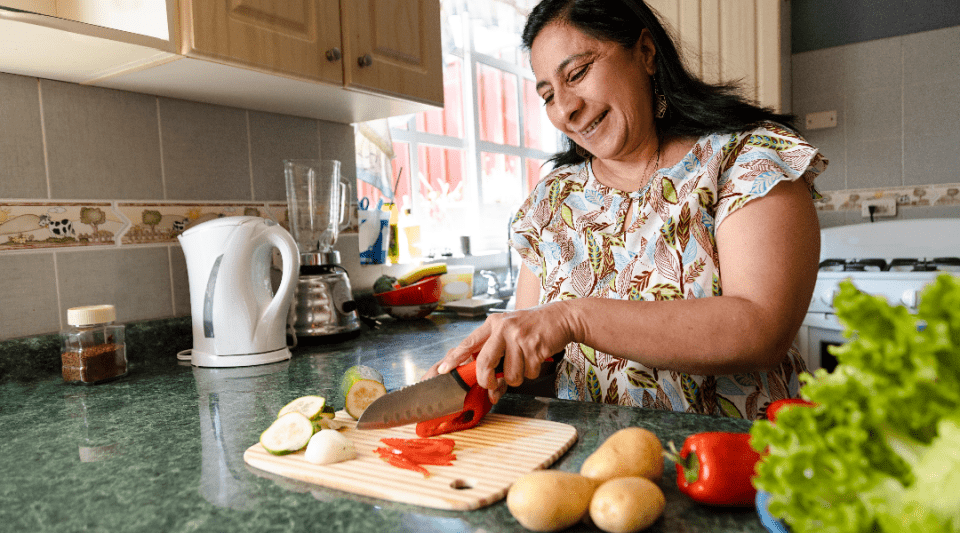According to data from the WHO (World Health Organisation), 7 of the 10 leading causes of death in the world are non-communicable diseases, such as diabetes or cardiovascular diseases. The fact that many of these diseases are closely associated with obesity, and that lifestyle has a great impact on their development, emphasises the need to adopt good eating habits.
Several studies, for example, have revealed the impact of diet on cardiovascular disease: the PREDIMED and PREDIMED-PLUS studies showed that adopting a Mediterranean diet reduces the occurrence of cardiovascular disease and mortality. Also, PREDIMED-PLUS highlighted the health benefits of the Mediterranean diet in overweight people, regardless of whether they lost weight or not. These improvements included a reduction in cholesterol levels with the incorporation of physical exercise into their daily routine.
The idea that healthy diets promote good health is nothing new, of course. So novel initiatives are needed, which not only analyse the effect of a healthy diet but also promote other related aspects, such as access to it. Two possible examples are: making it easier to obtain beneficial foods at more affordable prices and learning healthy cooking techniques. Another example is preparing food at home. Recent publications suggest that cooking at home helps control portion sizes, allows for the inclusion of higher quality ingredients and helps maintain a healthier eating pattern.
The role of health professionals
Another way to ensure the success of these innovations is to aim them not only at patients, but also at health professionals. Initiatives from Harvard University and the Culinary Institute of America have shown that those health professionals who know how to cook and have good eating habits give better dietary advice to their patients.
This evidence reinforces a concept that has been appearing more widespread in recent years: culinary medicine. Culinary medicine is a field that brings together nutritional knowledge and culinary skills. Its goal is to help patients maintain their health while preventing and treating food-related illnesses.
Culinary medicine could help reduce the prescription of drugs in the future. Thus, work must be done on new strategies that provide tools, for both professionals and patients, to meet this challenge and optimise the health of the public.
INFORMATION DOCUMENTED BY:
Dr Violeta Moizé, Dietician/Nutritionist.
Dr Joan Fernando, Patient Experience Programme






